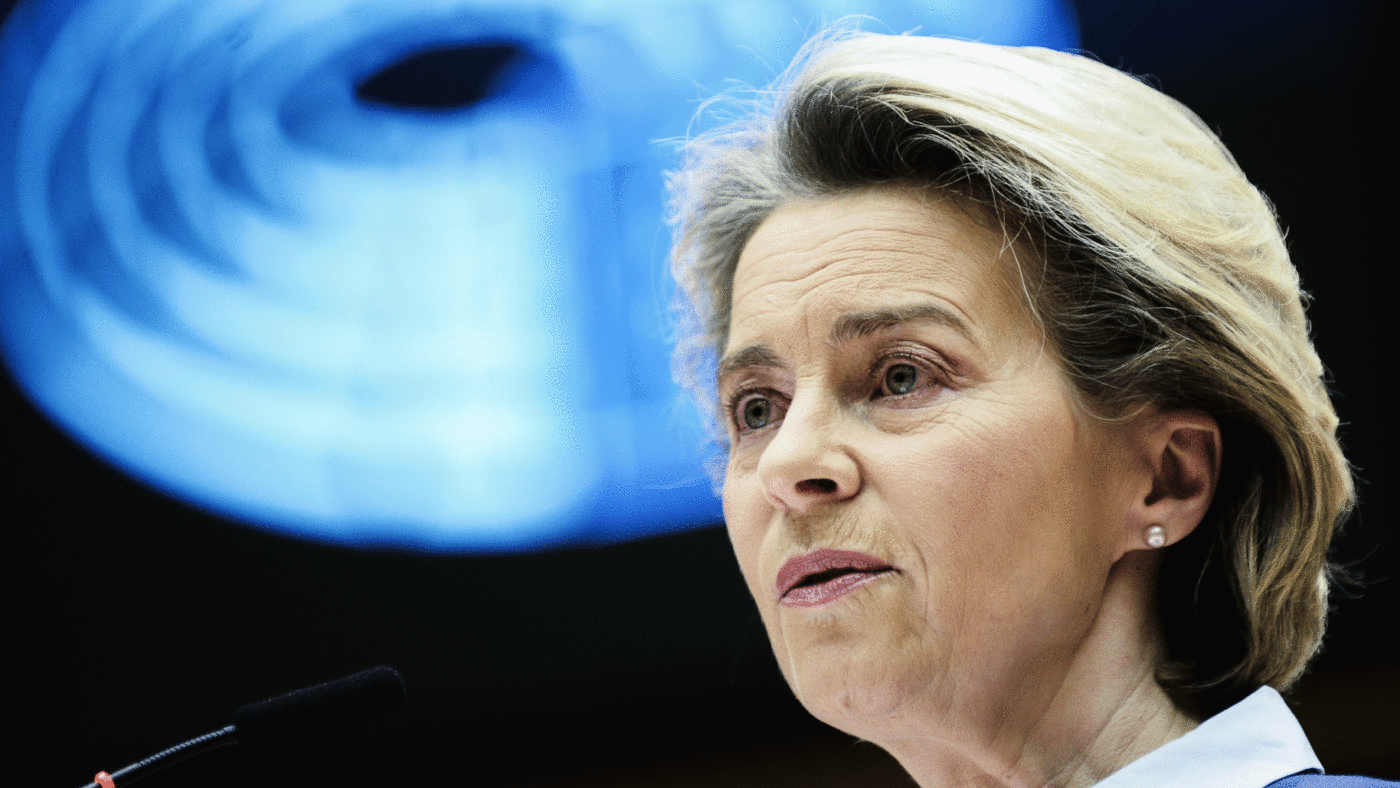You can always rely on politicians to do the right thing – once they have exhausted all other possibilities. It wasn’t all that long ago that ‘The Project’ keepers in Brussels were trying to squeeze the UK out of collaboration on vaccines. Officials, the claimed, were doing very nicely with the EU’s own vaccine procurement, and since the UK wasn’t part of the EU any more, that was just our hard luck.
But now, after the hissy fits of a couple of weeks ago, Brussels has realised the benefits of working together. The experience of Curevac, a Dutch company which has developed mRNA vaccines that it manufactures in Germany, illustrates the volte-face vividly. The Brussels bureaucracy was determined that the UK, after Brexit, would not get any of Curevac’s product. And when President Trump tried to do a deal, Curevac’s American CEO mysteriously got pushed aside. Curevac’s British pharmaceuticals partner, Glaxo Smith Kline (GSK) got squeezed out too.
Soon, though, the penny dropped that the UK, rather than bemoaning its fate, had placed itself far ahead of the EU in the vaccines queue – through its courageous direct action policies like helping vaccine manufacturers with large-scale trials, aiding them to develop new manufacturing bases, and putting up risk capital to help them bring forward the delivery of their product. The 27 EU member states also had to swallow the sad news that the French Sanofi vaccine (which President Emmanuel Macron had insisted the EU should order and over-rely on) had turned out to be a flop. Hence Brussels’s alarm, confusion and tantrums.
Eventually the leaders of individual EU countries, including Germany and Ireland, stepped in. They brought a more sensible focus on the situation – and a complete policy turnaround. The German Chancellor Angela Merkel prodded the German chemical company Bayer AG to help Curevac with the delivery of vaccines in 2021. She then opened the doors for the UK government to contract with Curevac to start immediate work on creating booster vaccine variants from 2022 onwards, and help the company open up a manufacturing plant in the Britain. GSK has been brought back in, with a development, manufacturing and sales role, in a 50:50 co-development partnership from 2022, to help produce 50 million vaccine doses for the UK and its dependent territories. The Department for Business, Energy and Industrial Strategy will collaborate with Curevac as a ‘central enabler’ on the R&D for ‘second generation’ vaccines designed to combat variant viruses and deal with future outbreaks. And of course the UK will help with large-scale clinical trials, something that won it pharma friends, and rapid roll-out deals, the first time round.
This is not a unique case. The UK government has also moved quickly to extend its agreement with the French company Valneva SE, which manufactures in several countries, including Scotland. The company has been provided with more working capital by extending its paid-for pre-order to 100 million doses of its vaccine in 2022, and has an option for a further 90 million doses to be delivered between 2023 and 2025. The company now has the means to start production immediately at its factory in Livingston in Scotland.
The two separate research and development deals signed in the first week of February by the UK government with Curevac and Valneva give the UK with access to seven vaccines: the three mRNA vaccines (Pfizer, the 89% effective Moderna and Curevac), the Novavax vaccine that in recent trials demonstrated success against the South African variant, our own AstraZeneca/Oxford University vaccine, the Valneva vaccine still under development, plus the coming (single-shot) Johnson & Johnson vaccine. The UK, therefore, will soon be in the happy position of being over-supplied with vaccines, and being able to offer the EU 11m AstraZeneca doses without feeling any pain – and beyond that, to aid its partners in the Commonwealth.
But should we be worried that all this activity – pre-purchasing vaccines, equity stakes, unsecured lending, grants, underwriting debt, tax reliefs to help with the development of manufacturing facilities and the rest – marks a new era of government interventionism? Certainly, the UK’s determination to free itself of the limits on state aid was a red line in the Brexit negotiations. But then, by anyone’s standards, this pandemic has been a national and international emergency. And in emergencies, different rules apply. We are on a war footing, and the UK has risen to the challenge – while the EU’s response, sadly, has been riven by dissent between the 27 countries. The UK knows that it will have to stay on a vaccine war footing through 2021, 2022 and as long as new variants threaten lives. But that does not mean that the whole of UK industry has suddenly been subjugated to some new Keynesian strategy.
Still, the UK’s effective action on vaccines might explain the EU’s Damascene conversion. Nobody takes pleasure in Brussels’s original mishandling of vaccine procurement – particularly the UK, which has a clear interest in seeing its near neighbours fully vaccinated. So the turnaround is welcome. When you have star players – in any field, be it biotechnology or financial services – on your doorstep, it makes sense to support and draw on their expertise.
So are we entering a new era of international cooperation in Europe, and maybe beyond? One in which everyone who can do so will support the international vaccine aid programme Covax as well? Let’s hope so.
Click here to subscribe to our daily briefing – the best pieces from CapX and across the web.
CapX depends on the generosity of its readers. If you value what we do, please consider making a donation.


